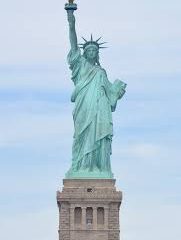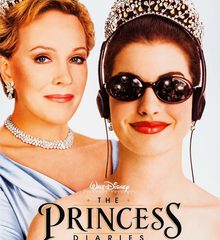The Enduring Legacy of Persia in Modern Culture

Introduction
Persia, a historical region that encompasses modern-day Iran, has played a significant role in shaping not only the Middle Eastern landscape but also the broader world. Often regarded as one of the pivotal cradles of civilization, Persia’s rich history, culture, and innovations continue to influence various aspects of life today. Understanding Persia’s historical significance provides crucial insights into the cultural heritage of the region and the world at large.
Historical Overview
The ancient Persian Empire, ruled by the Achaemenid dynasty around 550-330 BCE, was one of the largest empires in history, stretching from the Indus Valley to the borders of Greece. Under kings like Cyrus the Great and Darius I, Persia became synonymous with administrative excellence and cultural diversity, establishing efficient systems of governance, road networks, and trade.
The Persian Empire is also credited with significant advancements in art, science, and architecture. The impressive ruins of Persepolis, a ceremonial capital, stand as a testament to the empire’s grandeur. Subsequent periods, such as the Sassanian era, further enriched Persian culture through contributions in literature, philosophy, and arts, influencing neighbouring cultures.
Modern Developments
In recent years, there has been a surge of interest in Persian history and culture, particularly with the rise of Iran as a pivotal country in international relations. The Islamic Revolution of 1979 marked a drastic shift in the political landscape of the region, but it also reignited discussions about the importance of Persia’s ancient heritage in shaping national identity.
Persian New Year, known as Nowruz, has gained global recognition and serves as a reminder of Persia’s ancient traditions. This celebration transcends cultural barriers, showcasing the universal themes of rebirth, renewal, and gratitude. Modern Iranian literature, cinema, and art continue to gain acclaim worldwide, reflecting the enduring influence of Persia on contemporary culture.
Conclusion
The legacy of Persia is undeniably vast and continues to resonate in today’s society. As global dynamics evolve, the importance of understanding Persia’s contributions to culture, science, and politics becomes increasingly relevant. With ongoing archaeological discoveries and scholarly interest, the narratives surrounding Persia are likely to expand, offering new perspectives on the ancient world and its impact on modern civilisation. For readers, exploring the rich tapestry of Persia not only enhances historical knowledge but also highlights the interconnectedness of global cultures.







